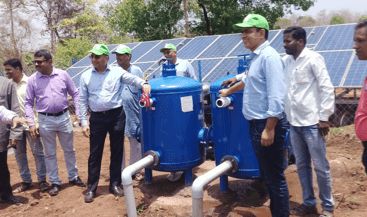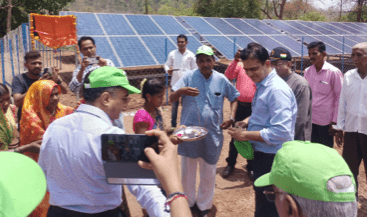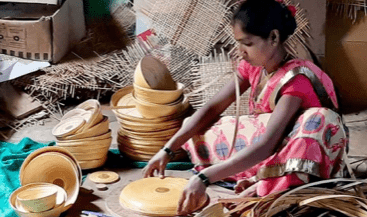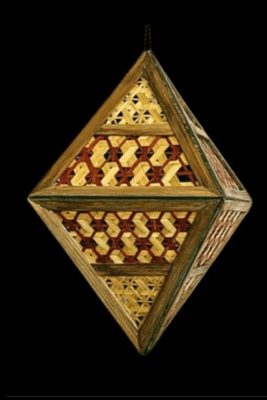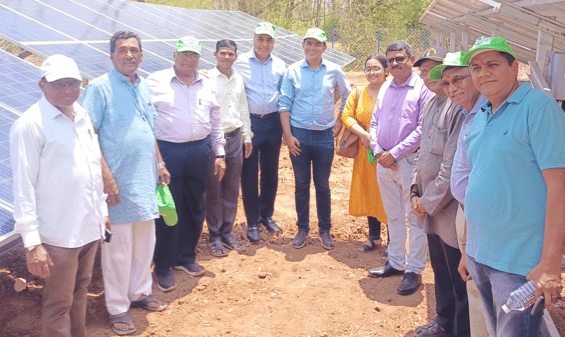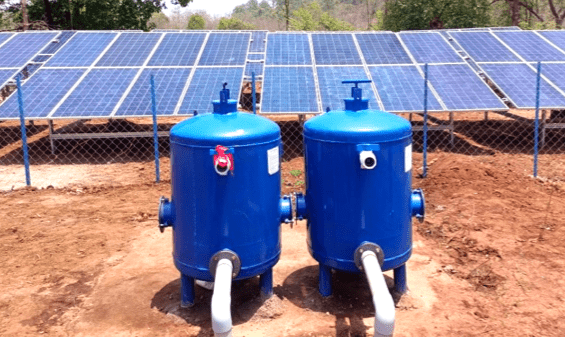Overview
Empowerment of tribal communities is very important for the inclusive development of society. Vastly ignored tribal regions located just outside the city of Mumbai, India, are still deprived of basic facilities. CACTUS has taken the responsibility of bringing positive change in the lives of these communities, with a major focus on the empowerment of tribal women, community development programs, and providing resources and systems for improved yield.
